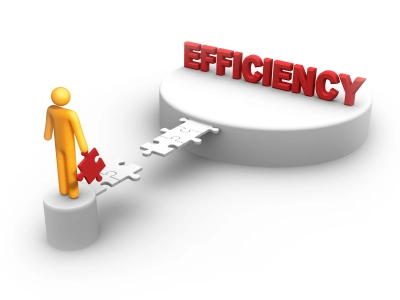Maximizing Efficiency: Lazarus IDE Customization with Plugins and Packages”

In the world of software development, efficiency is key. Developers are constantly seeking ways to streamline their workflow, boost productivity, and enhance their development environment. Lazarus Integrated Development Environment (IDE) offers a customizable platform that can be tailored to individual preferences and project requirements through the integration of plugins and packages. In this article, we’ll explore how developers can maximize efficiency by customizing Lazarus IDE with plugins and packages.
Understanding Plugins and Packages
- Plugins: Plugins are external modules or extensions that add new features or functionality to Lazarus IDE. These can include tools for code editing, version control integration, debugging enhancements, and more.
- Packages: Packages are collections of units or components that extend Lazarus IDE’s capabilities by providing additional libraries, frameworks, or utilities. These can include GUI components, database connectivity tools, and third-party integrations.
Read about also: Lazarus IDE: Extending Functionality with Plugins and Packages
Benefits of Customization
- Tailored Workflow: By integrating plugins and packages that align with their specific workflow and development preferences, developers can create a customized environment that enhances their productivity and efficiency.
- Extended Functionality: Lazarus IDE’s extensibility allows developers to access a wide range of features and tools beyond those included in the standard installation. Plugins and packages enable developers to add functionality tailored to their needs, enabling them to tackle a broader range of development tasks.

Popular Plugins and Packages for Lazarus IDE
- CodeTools: CodeTools is a popular plugin for Lazarus IDE that enhances code editing capabilities with features such as code completion, syntax highlighting, and code refactoring tools.
- Version Control Integration: Plugins for version control systems like Git and SVN enable developers to manage project versions, track changes, and collaborate with team members seamlessly from within Lazarus IDE.
- Database Connectivity: Lazarus IDE can be extended with packages that provide database connectivity tools, enabling developers to connect to various database systems and streamline database development tasks.
Installing and Managing Plugins and Packages
- Plugin Manager: Lazarus IDE includes a Plugin Manager that allows developers to browse, install, and manage plugins directly from within the IDE. The Plugin Manager simplifies the process of discovering and installing new plugins.
- Manual Installation: Developers can also manually install plugins and packages by downloading the plugin files and placing them in the appropriate directories within the Lazarus IDE installation folder.
Conclusion
Customizing Lazarus IDE with plugins and packages offers developers the opportunity to create a tailored development environment that maximizes efficiency and productivity. By integrating additional features and tools, developers can streamline their workflow, tackle a broader range of development tasks, and achieve greater success in their projects. Whether it’s enhancing code editing capabilities, integrating version control systems, or streamlining database connectivity, Lazarus IDE’s extensibility provides developers with endless possibilities for customization. Embrace the power of plugins and packages to unlock new levels of efficiency in Lazarus IDE development.







